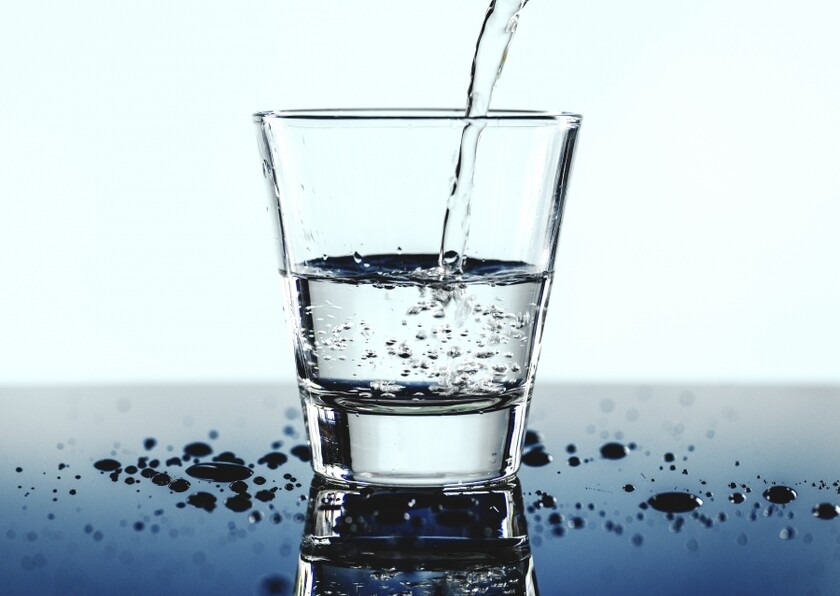73 seafarers have taken part in a hydration health promotion campaign for 28 days to assess the effectiveness of materials to encourage fluid intake.
We have published the results of a pilot hydration campaign on seafarers’ water consumption on board four Nakilat ships as part of the ‘Quench’ hydration campaign.
As part of our Seafarers’ Health Information Programme (SHIP), the ‘Quench’ hydration campaign aimed to provide seafarers with the right tools and information to maintain adequate levels of hydration, such as posters highlighting the ill effects of dehydration, urine colour charts and a daily log book to measure consumption of liquids. There is currently little research on the hydration of seafarers, but experience suggests that dehydration at sea can be common. Physically demanding jobs, working in hot environments, and conscious decisions to drink less if toilet breaks are inconvenient, are among the factors which can put seafarers at risk of dehydration.
Dr Suresh Idnani, an ISWAN trustee, said: ‘This survey provides an insight into the habits of seafarers and – in some cases – shows a lack of awareness into simple matters like why they must drink enough water to stay hydrated and to work well. To ensure health and safety, seafarers should be educated to understand the negative effects of “drinking less”: lack of concentration, headaches, fever and rigors secondary to urinary tract infections, itchy flaky dry skin, bloating and dyspepsia, maybe constipation.’
The key findings from the pilot campaign were:
- The majority of seafarers participating in the campaign drank seemingly healthy volumes of water on board
- Some seafarers are not drinking enough water over the course of their working day
- Seafarers on board these vessels appear to be consuming very low levels of sugary and heavily caffeinated drinks and are opting for water instead
- All ships showed an increase in average consumption of water over the course of the survey
Samir Bailouni, Nakilat’s Chief Operating Officer – Fleet said: ‘Qatar’s summer climate can be very hot and humid with temperatures ranging between 30-50 degrees Celsius and an average humidity level of 25-75%. This kind of climate creates a potentially challenging situation for our seafarers who may be exposed to these conditions whilst loading in Ras Laffan. Putting the safety and health of our employees at the top of our agenda, Nakilat is very focused on Heat Stress Management especially during summer season. Therefore, hydration is a pivotal element in our programme, whereby our seafarers are encouraged to know the major symptoms of heat stress and to drink plenty of water at regular intervals as a good practice to minimize the risks. It is heartening to observe significant improvement of habits among the seafarers as indicated by the survey. Measuring intake and raising awareness may be taken for granted by some, yet in most cases we have seen increased amount of liquid consumption over a 28-day period.’
The poster and urine colour chart from the study are available for companies or seafarers to download from the ISWAN website to assist seafarers in monitoring their own hydration levels and encourage companies to make sure drinking water is provided close to places of work on board ship.
The full report can be downloaded below. Roger Harris, Executive Director of ISWAN, said: ‘ISWAN would welcome feedback on this issue, and any experiences of strategies which successfully deal with dehydration, from the seafarer or the employer’s perspective.’
For more information, please contact Tom Holmer.





